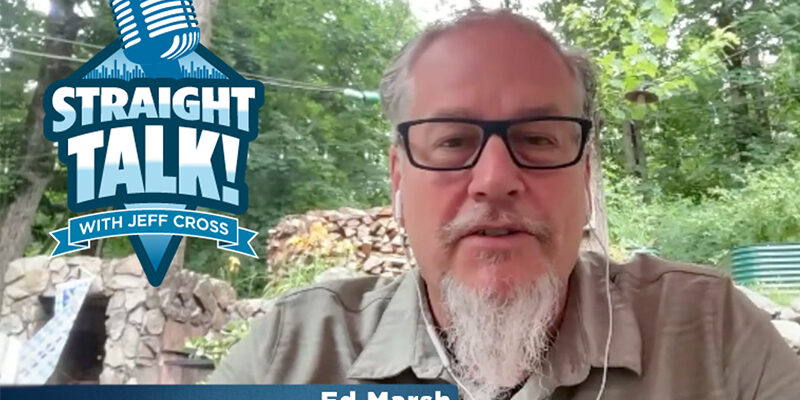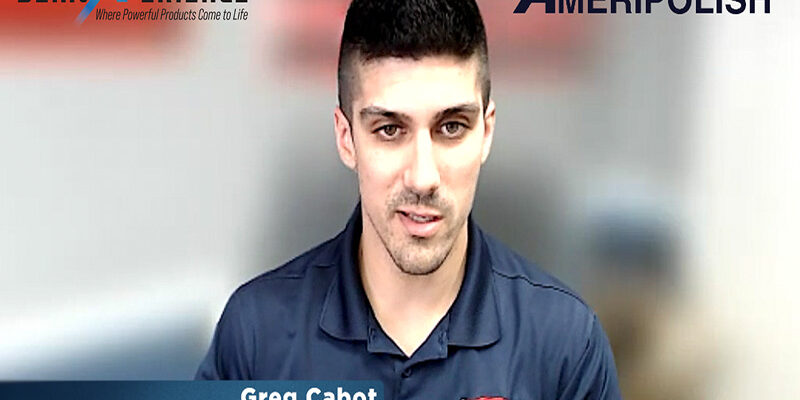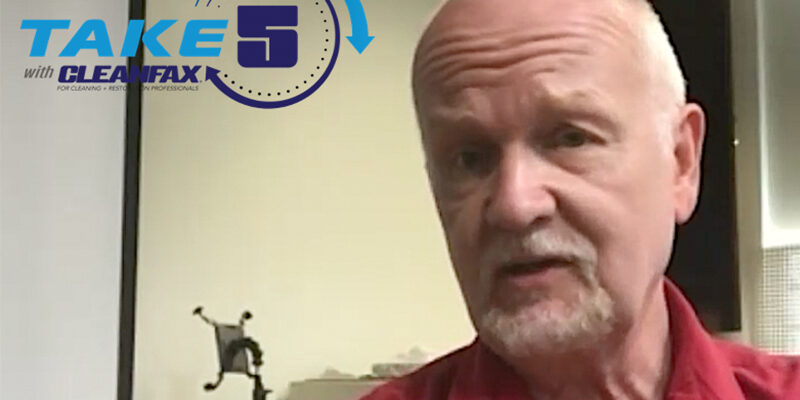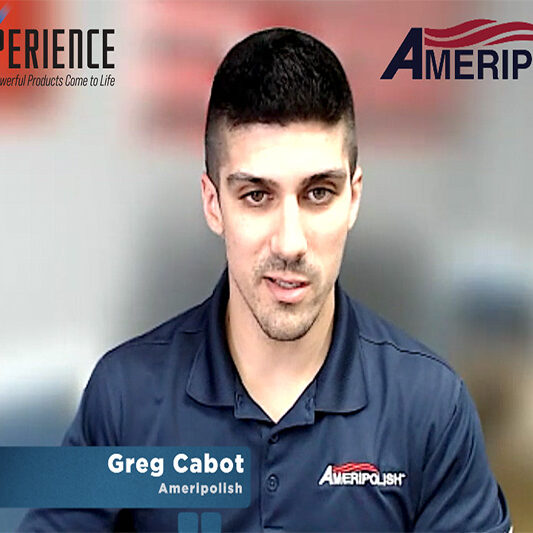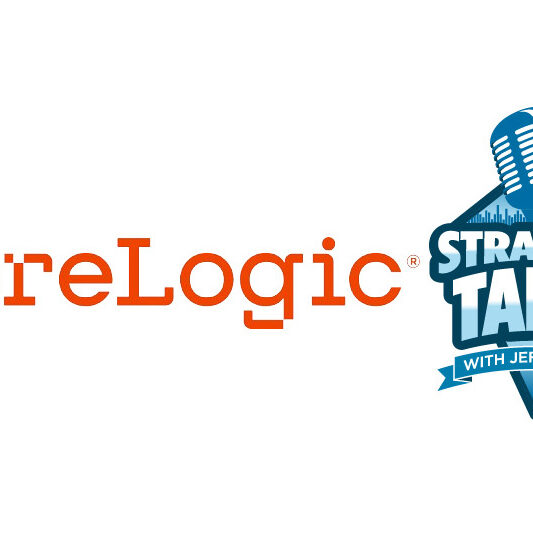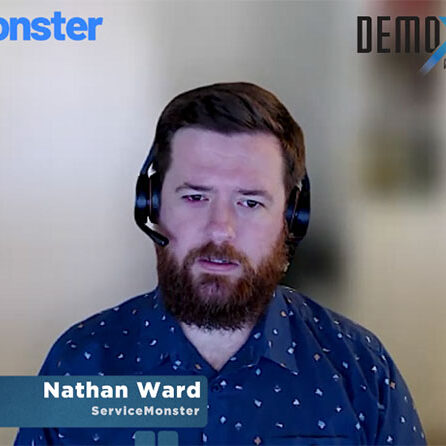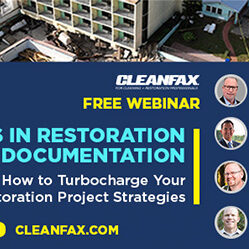Fill Your Sales Pipeline

By Kari Dybdahl
It is no secret that commercial properties are the holy grail for restoration contractors. This is true for many reasons — the jobs are larger, and it builds your reputation with other property owners and managers, to name a few.
The trick that can be difficult for small- to mid-sized restoration firms is how to get into the door of not only the property manager and owner, but also the insurance agent who writes their insurance.
You are not alone; you might be thinking: “Is there a magic trick that I don’t know about?” As with everything, it has a little bit due to do with luck and a lot of to do with intentionally positioning yourself to your prospect with a value that no one else has brought them. This value can be exhibited by a range of items.
Unlike my usual articles, I’m not going to talk about insurance for cleaning and restoration contractors at all. I am going to walk you through how to fill your sales pipeline with commercial properties to intentionally position your company for first calls on commercial properties in your area. We are going to go past the brochures and the doughnuts and go straight into an innovative value that many of your competitors are not utilizing.
Making a plan
So, what is the inside secret to filling your sales pipeline with commercial properties? Anyone biting their nails?
The secret to successful sales for commercial properties, both for the insurance agent and property owner and manager, are Emergency Response Plans (ERPs). ERPs are used similarly to a hold-harmless agreement. The contractor walks through a property and evaluates any existing or threatened indoor air quality issues. Some finish with a plan that they hand to the property owner and/or manager stating what to do when a problem arises, small or catastrophic, and when to call a professional.
In the perspective of the insurance agent and carrier, these plans are an incredible value and could very well avoid covering a pre-existing condition at the property that was not uncovered in the insurance submission items. To a property owner and manager, the ERPs are an incredible value to assist with keeping the property to a certain standard level and reducing their risk of liability from the tenants and occupants.
Getting your foot in the door
You will want to approach an insurance agent differently than you would a property owner and manager; however, both are essential in filling your sales pipeline.
Imagine how awesome it would be to receive phone calls from an insurance agent to complete an ERP on every commercial property they sell insurance to? We would call that a slam dunk.
So, how do you start? You must provide value that no one else in the area has offered, and this needs to be more than pointing out that you have the biggest crew and the most equipment or the lowest pricing. The variables in those situations could hurt your reputation if it doesn’t go to plan — more than it would help.
When communicating with an insurance agent, it is essential to look at their interests and values. Since I am an insurance professional, I can help you here. Insurance agents, in general, value, above anything else, the following:
- Securing the best possible insurance coverage solution for their clients,
- Keeping a high-performing relationship with their clients,
- Growing their book of business with more clients.
What can you do to help in these categories that do not involve giving a box of doughnuts and a brochure asking them to call when someone’s house floods? Ask the agent questions to truly understand what their book of business looks like and their focus. Be curious and ask yourself, “How can I help them with the top three values?”
It is most important to note that every single insurance agent has a unique book of business. It is your job to find out what it looks like, at least in a broad sense. Remember, you want to fill your sales pipeline with commercial properties. Do not assume the insurance agent that sells homeowners insurance also sells insurance to commercial properties. The chances of that are slim to none.
Do your research and find the insurance agents who focus on commercial properties; this will save you crucial time. Once you’ve found the target insurance agent, position yourself to hit all three points.
Here’s a secret for you: You can help with this not only through ERPs, but also by suggesting their clients purchase environmental insurance for their property. Like the insurance you are buying on your firm, commercial general liability and property insurance sold to commercial properties have pollution exclusions, and most have fungi and bacteria exclusions. This could very well be a reason why you must fight with claims adjusters to get paid on many commercial property jobs.
In educating the insurance agent on these exclusions and reading the exclusions together, you will be able to offer your insights on the definition of a “pollutant,” “fungi,” and “bacteria.” I can tell you right now, there is about a one percent chance that an insurance agent has any idea what Category 3 water is.
Simply put, you educate the insurance agent on the various environmental loss exposure gaps in coverage, suggest they offer environmental insurance to their clients, and finish by reporting that you would perform a no-cost emergency response plan on the property, and bingo! You just got yourself a new commercial property for your sales pipeline without having to convince the receptionist of a commercial property owner and manager that you are someone they would want to listen to.
If done right, the insurance agent will call a specialty environmental insurance broker and procure an environmental insurance policy, and you will receive a call from the insurance agent with a time and date to meet the owner or head property manager of the commercial property.
Let’s say you want to approach the commercial property owner and/or manager of a commercial property. You would use a similar approach and figure out the values of commercial property owners and managers. The best way to do that? Ask them in a low-key way.
You say, “Hey, I was wondering, as a property owner [or manager], what do you value most?” Ask enough of them to narrow it down to the top three.
I see the top three values of a commercial property and owner as:
- Getting a return on investment,
- Keeping a safe environment for occupants,
- Maintaining a proper financial mechanism for catastrophic losses (i.e., insurance).
Leveraging ERP in sales pitches
Once you have your top three values narrowed down, you can craft the perfect sales pitch. Like insurance agents, they want to see value that no one else has shared and that can be applied to their top three values.
The top values I compiled above are inversely related. If the owner does not have a safe environment for tenants or a catastrophic loss were to occur with no financial mechanism, it will be difficult to achieve a return on investment. So how can you help?
You can educate the property owner and manager on how to keep a safe environment with preventative measures. However, giving them tips is not enough to gain their trust and business. However, giving tips mixed with an education of the various pollution, fungi, and bacteria exclusions commonly found on commercial general liability and property policies is not something they hear every day from contractors. They will start to look at you as a team member, which is exactly what you want.
You can look over the exclusions on their policy with them and suggest they purchase an environmental insurance policy. At the same time, you should offer a no-cost emergency response plan.
Not only will you have assisted with functions to keep a safe environment and secure insurance, you also will have helped them protect their investment. And better yet, you will fill your sales pipeline with a commercial property and, as a bonus, make yourself known to the insurance agent of that property.
Keep in mind you will want to leverage the no-cost emergency response plan with the purchase of environmental insurance. If you offer no-cost emergency response plans to any and all properties, it can negate the true value of the ERP. There is incredible value in the emergency response plans in combination with environmental insurance when executed as mapped out above.
Commercial property owners and managers along with their retail insurance agents are unaware of the coverage gaps caused by the various pollution, fungi, and bacteria exclusions found on commercial general liability and property policies. To close the environmental loss exposure coverage gaps on every commercial property in the country, they must purchase a specially designed environmental insurance policy from an environmental insurance wholesale broker who specializes in environmental insurance.
If an insurance agent needs assistance in finding a specialty environmental insurance wholesale broker, suggest they search “pollution insurance” on the Big I Markets (a marketplace for independent insurance agents). Or they could Google “environmental insurance brokerage firm.”
They should beware of working with insurance carriers directly, as no environmental insurance policy is the same. For their protection, it is highly recommended that they utilize an environmental insurance brokerage firm just as your company does now for your business insurance.
Kari Dybdahl has a decade of experience in the environmental insurance industry assisting clients from carpet cleaners to municipalities. She has received multiple awards and recognition for her work placing compliant insurance for Crawford Contractor Connection members, ICRA members, and many others. Dybdahl designs custom insurance programs alongside Dave Dybdahl. Please reach out to Kari A. Dybdahl with any questions at (608)824-3341 or [email protected].


